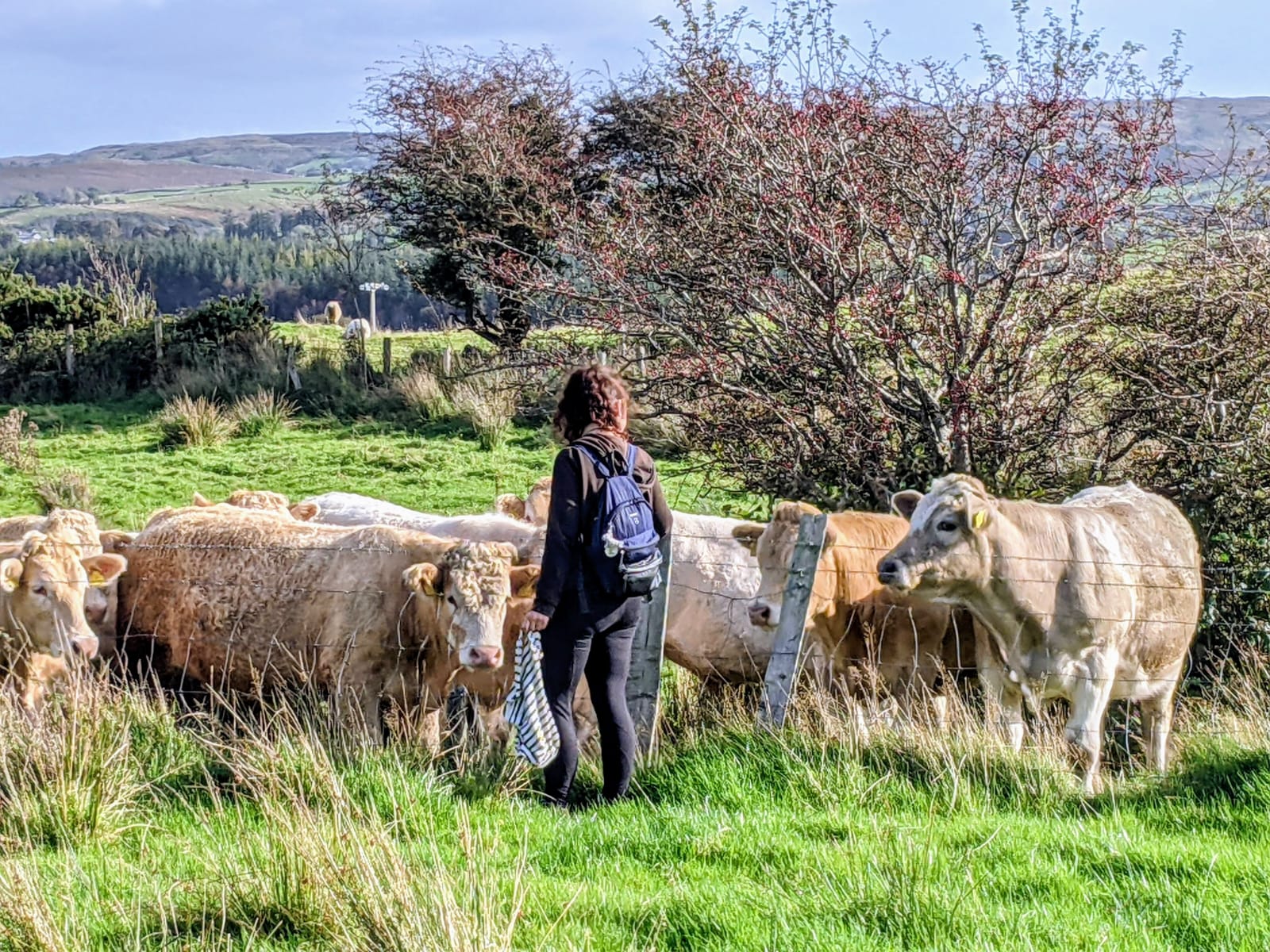Ireland’s Hidden Green Ingredient: Tallow vs. Imported Oils
When you pick up a skincare product, you might not consider the journey its ingredients have taken. Many vegan products use ingredients like shea butter that travels from West Africa to Ireland, and palm oil traverses continents—all at the cost of immense transportation emissions.
How much greener would it be to draw from what’s already abundant here in Ireland?
Every NAMAWE tallow product uses 100% Grass-fed or 100% Organic Grass-fed tallow sourced from small Irish farms in Mayo, Limerick, or Wicklow.
Here are some of the environmental benefits of using Tallow products
1. The Hidden Environmental Cost of Vegan Skincare
-
Oils like palm and shea butter are major contributors to global environmental damage. Palm oil production drives deforestation and biodiversity loss, particularly in tropical regions of Indonesia and Malaysia
- While shea butter has a relatively modest carbon footprint, comprehensive comparative studies remain limited
- Vegetable oils occupy approximately 20% of global arable land, often requiring intensive use of synthetic fertilizers and pesticides—key contributors to GHG emissions and ecosystem harm
2. Tallow: A Local, Low-Impact Alternative
-
Tallow is a by-product of cattle processing—transforming what might otherwise go to waste into a valuable resource, aligning with circular economy principles
- Tallow-based skincare products reportedly emit 0.8 kg CO₂e per 100 ml, compared to 1.5 kg CO₂e per 100 ml for synthetic alternatives—cutting emissions by nearly 50%
- Additionally, synthetic production consumes 3× more water and 2.5× more energy than tallow-based methods
- With regenerative farming, grass-fed cattle systems can sequester up to 3.5 tonnes of carbon per hectare annually, helping offset emissions

Pictured above: Dexter cows on a 6th Generation Regenerative Agriculture Farm in Wicklow, Keadeen Mountain Farms - Where NAMAWE sources its Dexter Tallow
Learn more about Keadeen Mountain Farms and their organic meat HERE
3. Local Sourcing & Shorter Supply Chains
-
Tallow sourced from nearby Irish farms means significantly shorter transportation distances and a smaller carbon footprint
- By using tallow produced and processed within Ireland, the supply chain remains lean, with lower emissions and packaging waste—unlike mass-produced imports.
4. In short, here's what matters most:
- Tallow has a lower carbon footprint compared to synthetic ingredients
- Reduced water & energy usage
- Carbon sequestration by regenerative farming
Using tallow supports a local, closed-loop supply that honours the animal and the farmers that work hard to provide local, organic food to Irish people.



